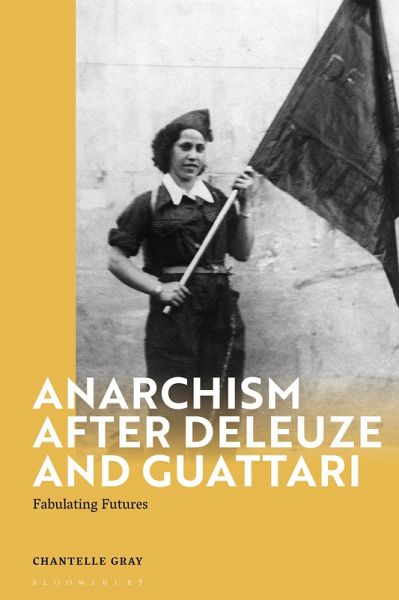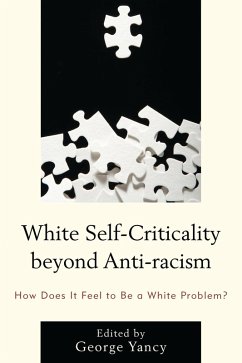
Anarchism After Deleuze and Guattari (eBook, PDF)
Fabulating Futures
Versandkostenfrei!
Sofort per Download lieferbar
24,95 €
inkl. MwSt.
Weitere Ausgaben:

PAYBACK Punkte
12 °P sammeln!
Deleuze and Guattari never identified as anarchists, nor do they seem to know much about its historical development or continued praxis. Yet their individual and collective work belies this apparent and wilful oversight through a steady consideration of revolutionary subjectivity and active political experimentation. Chantelle Gray argues that while we cannot - and should not - attempt to call them anarchists, their work resonates with core anarchist principles such as prefiguration, careful experimentation and emergent strategies aimed at creating a feeling that life is worth living. This inv...
Deleuze and Guattari never identified as anarchists, nor do they seem to know much about its historical development or continued praxis. Yet their individual and collective work belies this apparent and wilful oversight through a steady consideration of revolutionary subjectivity and active political experimentation. Chantelle Gray argues that while we cannot - and should not - attempt to call them anarchists, their work resonates with core anarchist principles such as prefiguration, careful experimentation and emergent strategies aimed at creating a feeling that life is worth living. This involves paying attention to both joyous affects and sad passions, which necessitates the affirmation of all of chance and, from that, fabulating new modes of existence. By bringing together the philosophy of Deleuze and Guattari with the theory and practices of anarchism, this book demonstrates that fabulating the future is nothing short of a noetic act, making reasonable something which initially was senseless.













